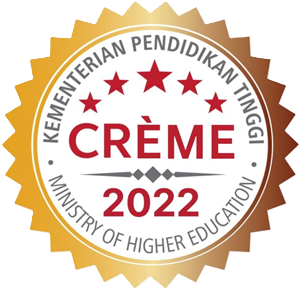NATURAL DURABILITY OF SEVEN TROPICAL TIMBER SPECIES IN GROUND CONTACT AT THREE SITES IN MÉXICO
Keywords:
Field test, European Standard 252, level of decay, durability class, pick-testAbstract
The interaction between wood and soil is one of the most hostile environment that a piece of wood can be exposed to. However, few field tests have been developed to determine its natural durability of Mexican timber species. In this study, the natural durability of seven tropical timber species was determined in Mexico, according to the European Standard EN 252. Test stakes were placed at three sites (Veracruz, Michoacán and Nuevo León) with different climatic, altitude, biodiversity and soil type conditions. After one year of exposure, statistical differences (p < 0.001) in decay level for sites and species were determined. The site with the most adverse environment was Veracruz followed by Michoacán and Nuevo León. Dalbergia granadillo, Cordia elaeagnoides and Swietenia humillis were classified according to the European Standard EN 350-1 as very durable (Class 1), while Enterolobium cyclocarpum and Hura polyandra were classified as durable (Class 4). Tabebuia donell-smithii, Tabebuia rosea and Fagus sylvatica (control) were classified as non-durable (Class 5).





